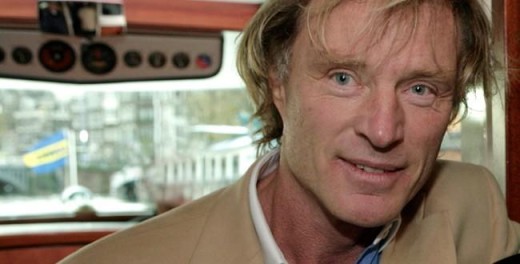
Curaçao chose to govern itself as a democracy, but its constitutions and institutions turn out to be weak and not very popular. Participation in formal and informal institutions is anemic, and not inclusive.
Secretive, closed groups seem to manipulate the society to meet their specific needs, regardless of any public concerns.
Democracy means power distributed. In a democracy with checks and balances a big chunk of the society is well beyond the control of government; in effect, the government controls very little. Therefore, a crisis in government should not paralyze social and economic activities of the society.
Unfortunately, the yearlong crisis in government that was unleashed when a member of parliament, Marilyn Moses, withdrew her support from the PS-PAIS coalition government, has an extremely adverse effect on the local economy. Foreign investors are unclear as to what to expect. Laws, rules, and regulations are up for change in a murky future. A parliament, where 25% of its members have a criminal record, does not imbue much confidence either.
After the most recent crises of last week, politicians’ response was, once again, elections. The last elections were held in September 2016. The outcome then was fragmentation, which makes it almost impossible to form a solid majority coalition. New elections should produce less fragmentation, but what the rationale behind that thought is, remains muddled. The positive energy of idealistic politicians, eager to serve their community, is once again turned into negative, destructive campaign rhetoric.
So, Curaçao, unable to forge working coalitions, is turning into an electocracy, a fake democracy. Richard Haass, president of the nonpartisan Council of Foreign Relations (USA), warned a decade-long that ”an electocracy should not be confused with democracy. Immature democracies — those that hold elections but lack many of the checks and balances characteristic of a true democracy — are particularly vulnerable to being hijacked by popular passions. To have elections without such controls means that the election itself is likely to be flawed and that whoever wins will have too much power.”
Exactly that very scenario played out in 2010 and 2013/14. Schotte, a populist and in the meantime a convicted criminal, became the winner, and again, is the favorite for the next election outcome.
The island has been in disarray since 2010, chaos prevails. Chaos and insecurity do not stimulate the economy and the society in any way or fashion.
The shadow economy, forged by the ongoing success of narco crime, eagerly moves into the large open weak spots of the social, economic and political fabric of the island. By the time a new government takes power, they will be firmly settled and established.
By Jacob Gelt Dekker
Opinion columnist for Curaçao Chronicle

